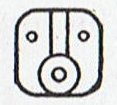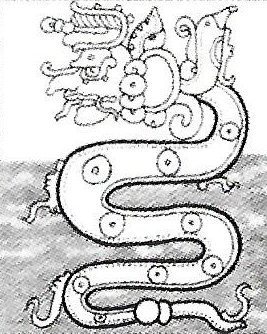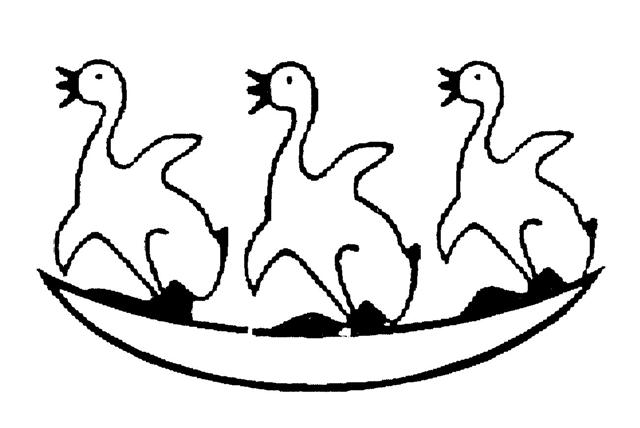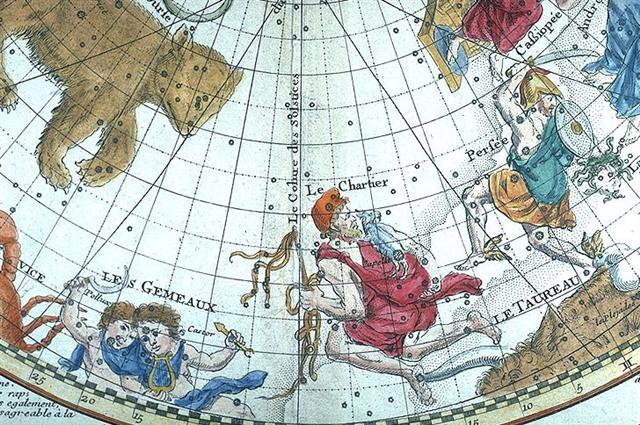In the Rain God sequence a seed was planted down in the Earth and the preceding Man Tree was looking back - taken together it obviously meant a new beginning was here:
... from the beginning of mankind sex has been a battle which women win, turning the death of the man (detumescence) into the life of the people (the child). Maori say, 'the genitals of women are killers of men' ...
... The Mnajdra Temple is located on Malta and very ancient, dating to the time before the pyramids. Marija Gimbutas: 'To sleep within the Goddess's womb was to die and to come to life anew' ... Beyond the Tree a new year was beginning. Next Rain God panel exhibits him up to his knee joints in water:
... During his descent the ancestor still possessed the quality of a water spirit, and his body, though preserving its human appearance, owing to its being that of a regenerated man, was equipped with four flexible limbs like serpents after the pattern of the arms of the Great Nummo. The ground was rapidly approaching. The ancestor was still standing, his arms in front of him and the hammer and anvil hanging across his limbs. The shock of his final impact on the earth when he came to the end of the rainbow, scattered in a cloud of dust the animals, vegetables and men disposed on the steps. When calm was restored, the smith was still on the roof, standing erect facing towards the north, his tools still in the same position. But in the shock of landing the hammer and the anvil had broken his arms and legs at the level of elbows and knees, which he did not have before. He thus acquired the joints proper to the new human form, which was to spread over the earth and to devote itself to toil ... In his left hand the Rain God has a water lily and in his right he wields a flint stone adze, as in the 18th day sign Etz'nab:
The Imix (water current) sign is turned upside down and the soft water lily hand is not that of the grasping Manik:
... The old man realized that he was now at a critical point. If the Nazarene did not understand this business of coming and going, he would not understand anything else. He wanted to say that what made life was not so much force as the movement of forces. He reverted to the idea of a universal shuttle service. 'The rays drink up the little waters of the earth, the shallow pools, making them rise, and then descend again in rain.' Then, leaving aside the question of water, he summed up his argument: 'To draw up and then return what one had drawn - that is the life of the world.' ... The direction east (Likin) exhibits the head of the old Lord (Ahau) upside down:
This means the new beginning was in the east, i.e. in spring (which word confirms it - a spring is a source of fresh water).
Gravitation makes all things fall downwards - how then was it possible for them to return, to move upwards again? Imix, the first Mayan day sign, means Sea-dragon (or wine) and like a water lily he was undulating upwards from the very bottom, from the very beginning. Part of the answer was obvious: if the southern hemispheric bowl (semi-gourd) was filled with water, then the buyoancy of water would make them float upwards. Water was a great force which south of the equator acted against gravity. Or we could say that north of the equator things went downwards and south of the equator they floated up - in both cases as if magically drawn towards the equator. ... The hero then hid in a meat sack, jumped on the Trickster and killed him. The corpse was cut up and the pieces scattered. However, the Trickster came back to life. He went away and stopped to rest by a lake, and meditated on death: should death be final or not? On seeing that a stick, then a buffalo turd, and lastly a piece of pith remained afloat after he had thrown them into the lake, he opted for resurrection. However, when a pebble sank, he reversed his decision. It was better that people should die, he concluded, otherwise the earth would quickly become overpopulated. Since that time, people only live for a certain period and die for ever ... Gates (An Outline Dictionary of Maya Glyphs) comments as follows on the Etz'nab day sign: "Here we have complete accord on all points, in the general calendar, names, meanings, and the glyph form and associations - save one, its etymology in Maya. Etz' in Maya does not mean to sharpen, but to lay or settle in place; the phrase in the Motul (quoted by Brinton): Etz'cab-te a tokyah (punta la lanceta para sangrar), is there given as one of several illustrations of putting a thing in its place or position, as an arrow in the bow, a lancet on the flesh; and etz'ah is nowhere given as meaning 'to sharpen'. Nab also, means to anoint, varnish, etc; nabzah ti kik does mean, to cover (flow over) with blood, kik; but the nabzah itself does not. Such derived and merely incidental uses cannot be used to reach an etymological meaning. Two Maya words, meaning to put in position, and to anoint, cannot prove a specific meaning 'flint-knife', especially when we already have tok as the common term therefor. The nab has no connection whatever with 'flint'." To put in position means to reset. This should be done after the old year had finished and a new cycle had to be put at its beginning. ... Skanda (literally 'the jumping one' or 'the hopping one') is the planet Mars, also called Kartikeya, inasmuch as he was borne by the Krittika, the Pleiades. Mbh. 9.44-46 (Roy trans. vol. 7, pp. 130-43). It should be emphasized, aloud and strongly, that in Babylonian astronomy Mars is the only planetary representative of the Pleiades. See P. F. Gössmann. Planetarium Babylonicum (1950), p. 279: 'In der Planetenvertretung kommt für die Plejaden nur Mars in Frage.' The Mahabharata insists on six as the number of the Pleiades as well as of the mothers of Skanda and gives a very broad and wild description of the birth and the installation of Kartikeya 'by the assembled gods ... as their generalissimo', which is shattering, somehow, driving home how little one understands as yet. The least which can be said, assuredly: Mars was 'installed' during a more or less close conjunction of all planets; in Mbh. 9.45 (p. 133) it is stressed that the powerful gods assembled 'all poured water upon Skanda, even as the gods had poured water on the head of Varuna, the lord of waters, for investing him with dominion'. And this 'investiture' took place at the beginning of the Krita Yuga, the Golden Age ... ... 'By striking the anvil,' said Ogotemmêli, 'they get back from the earth some of the life-force they gave it. Their blows recover it.' But blows on the iron must be dealt by day. The smith's work is day labour, no doubt because the smithy fire, being a fragment of the sun, could not shine at night. That is why it is forbidden, not only for smiths but for everybody, to strike blows on iron or stone or earth in the night-time. No blow of hammer or tap of pestle should be heard, whether loud or soft, in the silent hours. To strike blows at night would destroy the effect of the blows struck by day. It would mean the rejection of all that had been gained, so that the smith would lose whatever he had recovered during the day of the life-force of which he formerly divested himself ... There was an Easter Island month named Toki and we can deduce it was beginning at heliacal Canopus. ... Then all the guardians procured baskets in which to transport the family. There was the basket of the Sun, Chief of the sky; the basket of the Moon, the Year-builder; the basket of Autahi, Canopus, and the younger stars, and the basket of Wide Space for the multitude of small star children. The tiny stars were placed in the canoe Uruao, Cloud-piercer, which can be seen in the sky (Tail of the Scorpion), and the canoe was given into the charge of Tama-rereti, Swift-flying Son, as its navigator. He was enjoined to tend carefully the little star children lest they be jostled about by their elder brothers and some of them fall to earth ... A lost head and one arm changed into a state of flowing (rima aueue) preceded the first little beautiful Rei in the text:
... Everyone has once read, for it comes up many times in literature, of that pilot in the reign of Tiberius, who, as he was sailing along in the Aegean on a quiet evening, heard a loud voice announcing that 'Great Pan was dead'. This engaging myth was interpreted in two contradictory ways. On the one hand, it announced the end of paganism: Pan with his pipes, the demon of still sun-drenched noon, the pagan god of glade and pasture and the rural idyll, had yielded to the supernatural. On the other hand the myth has been understood as telling of the death of Christ in the 19th year of Tiberius: the Son of God who was everything from Alpha to Omega was identified with Pan = 'All'. Here is the story, as told by a character in Plutarch's On why oracles came to fail (419 B-E): The father of Aemilianus the orator, to whom some of you have listened, was Epitherses, who lived in our town and was my teacher in grammar. He said that once upon a time in making a voyage to Italy he embarked on a ship carrying freight and many passangers. It was already evening when, near the Echinades Islands, the wind dropped and the ship drifted near Paxi. Almost everybody was awake, and a good many had not finished theire after-dinner wine. Suddenly, from the island of Paxi was heard the voice of someone loudly calling Thamus, so that all were amazed. Thamus was an Egyptian pilot, not known by name to many on board. Twice he was called and made no reply, but the third time he answered; and the caller, raising his voice, said, 'When you come opposite to Palodes, announce that Great Pan is dead.' On hearing this, all, said Epitherses, were astounded and reasoned among themselves whether it were better to carry out the order or to refuse to meddle and let the matter go. Under the circumstances Thamus made up his mind that if there should be a breeze, he would sail past and keep quiet, but with no wind and a smooth sea about the place he would announce what he had heard. So, when he came opposite Palodes, and there was neither wind nor wave, Thamus from the stern, looking toward the land, said the words as he heard them: 'Great Pan is dead'. Even before he had finished there was a great cry of lamentation, not of one person, but of many, mingled with exclamations of amazement. As many persons were on the vessel, the story was soon spread abroad in Rome, and Thamus was sent for by Tiberius Caesar. Tiberius became so convinced of the truth of the story that he caused an inquiry and investigation to be made about Pan; and the scholars, who were numerous at his court, conjectured that he was the son born of Hermes and Penelope ...
|
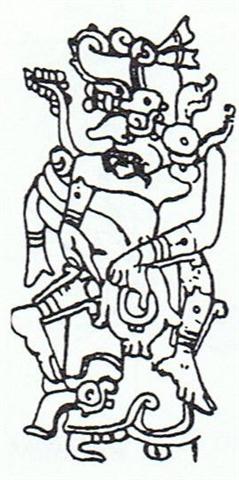
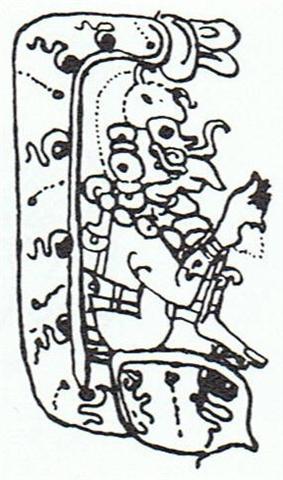
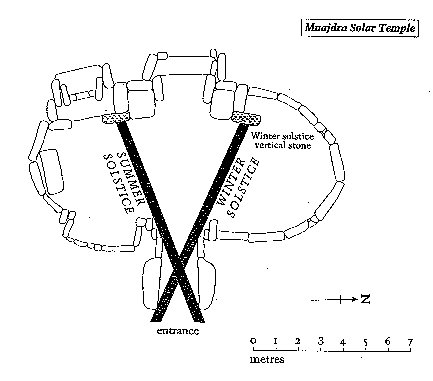
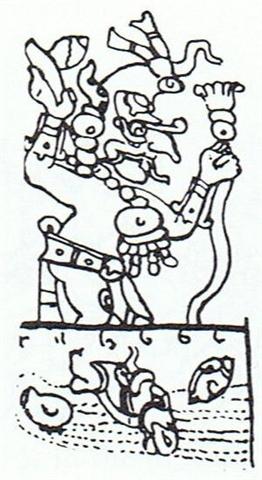
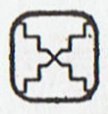
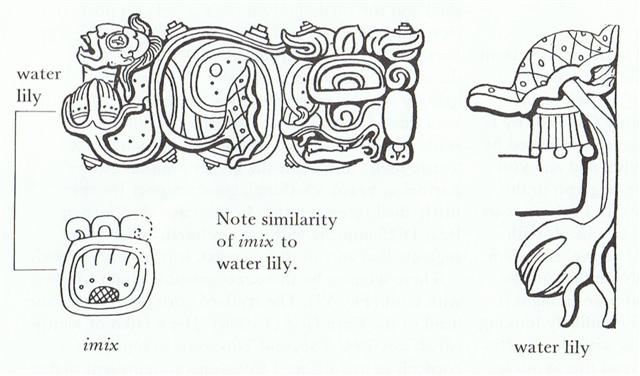
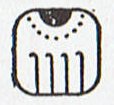
 '
'